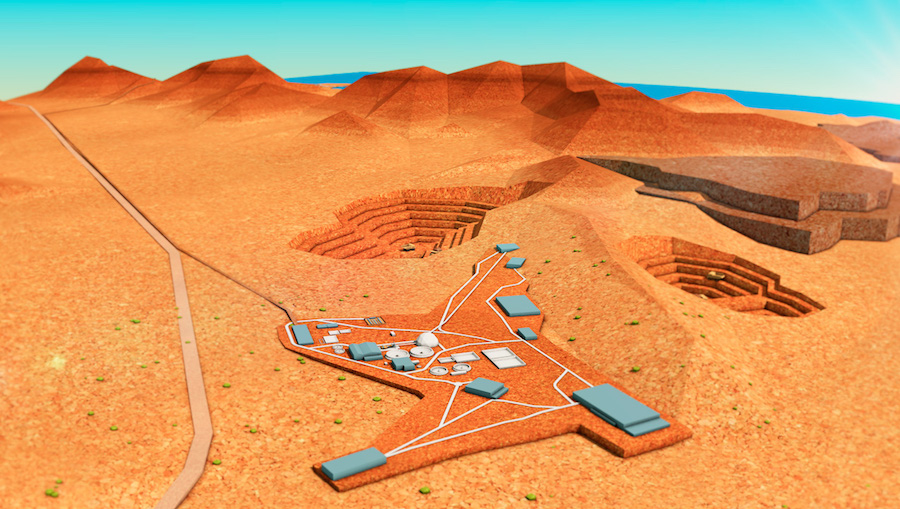Penguins and red tape: Chile says ‘no’ to $2.5bn Dominga mine again

Chile’s government on Wednesday denied an environmental permit for the proposed Dominga iron and copper mine, siding with critics concerned over impacts to penguins and parrots at the $2.5 billion project that has sparked debate for a decade.
Chile’s Committee of Ministers said the plan from privately-owned Andes Iron required special sensitivity due to the area’s “unique characteristics” as a home to penguins and species in conservation categories which reduced the tolerance for risk.
The project highlights Chile’s challenges balancing economic growth with environmental protections and is a reminder of bureaucratic mazes that the mining sector has harshly criticized for stalling projects.
The committee’s decision came after an environmental court ordered it to re-do a January 2023 vote that had struck down environmental approvals for the project.
Chile-based Andes Iron has repeatedly defended the mine as meeting environmental regulations and on Wednesday said it will take legal action.
“The action of the Committee of Ministers sets an unfortunate precedent never seen before in the history of Chile in terms of environmental permits,” it said in a statement.
The company has also accused the government of bias against the project, pointing to the nearby Cruz Grande port that was granted an environmental permit.
The committee’s decision sends a broader message that could discourage investment, said Juan Ignacio Guzman, head of Chilean mining consultancy GEM.
“This decision by the committee means that in reality, abiding by the processes and permits in Chile doesn’t guarantee you can make investments happen,” he said.
The head of Chile’s National Mining Society (Sonami), Jorge Riesco, called the ruling a disappointment.
“We lost the opportunity to send a strong signal of trust to investors,” he said in a statement, adding the project had met all technical requirements.
The committee said it considered various citizen complaints, and agreed with concerns over biodiversity impacts and lack of a mitigation plan for potential spills of fuel or iron concentrate.
Its analysis noted the unique mix of species in the area, including the Humboldt penguin and aquatic mammals such as dolphins, and said Andes Iron had failed to gauge impacts on two plants that are a food source and habitat for the tricahue, an endangered parrot.
“It was not possible to determine or evaluate the real impact on these species,” the committee said.
(By Fabian Cambero, Alexander Villegas and Daina Beth Solomon; Editing by Sonali Paul)
{{ commodity.name }}
{{ post.title }}
{{ post.date }}




Comments
James Ernie Blair
A very good site to stau abreast of whats happening around the world IMHO